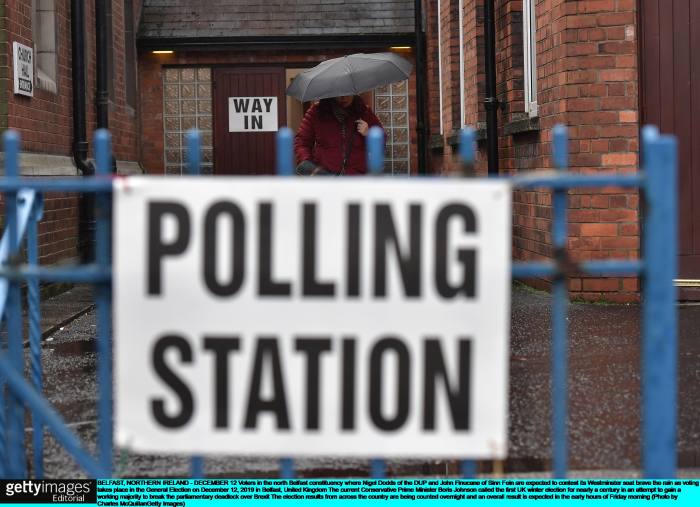
Without sounding like a party political broadcast, as an avid, interested, long-term capitalist investor, last week’s election result was good.
I think the UK is a fundamentally entrepreneurial and aspirational country. However, what is the impact of the election result for investors?
I will deal with policy first. There were no policies from the Tories; nothing really on tax, investment, pensions, rates or reliefs.
The national insurance threshold is due to rise at some point, taking more people out of tax altogether, but aside from that there was nothing.
One glaring long-term issue to sort out is the pensions mess that George Osborne has leftus with.
Reducing the cost of higher rate relief is fair in my view, but penalising risk-taking and returns is not.
However, and I am not a pensions expert, it is complicated, hence no policy, but it is high time it was sorted.
Another area is social care, but as Theresa May found out, it is a vote loser and therefore all parties keep brushing it under the carpet. Taxes of some sort will have to rise to pay for it.
So on the policy front, that is it.
On to more interesting matters about investing.
Sterling
As predicted, we have already seen a sharp rise in sterling since it was obvious the Tories had won a convincing majority, however it has since fallen back again as worries resurface about a no-deal Brexit in a year’s time.
But many think it is still undervalued and will gradually continue rising.
This is a double-edged sword though.
As we are a nation that imports lots of everyday goods, rises in sterling will help keep costs down.
The problem comes when you turn to the stock market and sterling’s effect on it.
More than 70 per cent of FTSE 100 earnings come from overseas, so a stronger pound makes those earnings, and subsequent dividends, less valuable. The EU referendum had the opposite effect, boosting dividends.
Inflation
As sterling rises, inflation will (all else being equal) fall as our pound goes further.
Oil, for example, is priced in dollars, so the overnight 2 per cent increase in sterling will help keep oil price rises in check as well as food prices.
The knock on impact of the pound going up is less need for interest rate increases to combat inflation.
Stock markets
As has been repeated many times, the UK is cheap and unloved. Brexit uncertainty and political chaos has meant no one wants to invest, even at massively depressed prices.
As an example of the cheapness, the gap between dividend yield and gilt yield is the widest since the 19th century.
Now that there is more certainty and a stable five-year government, I expect overseas investors to return and start looking at the fundamentals again.
Domestic stocks should see the strongest bounce as there has been a disconnect between perceived domestic stocks and overseas ones.





